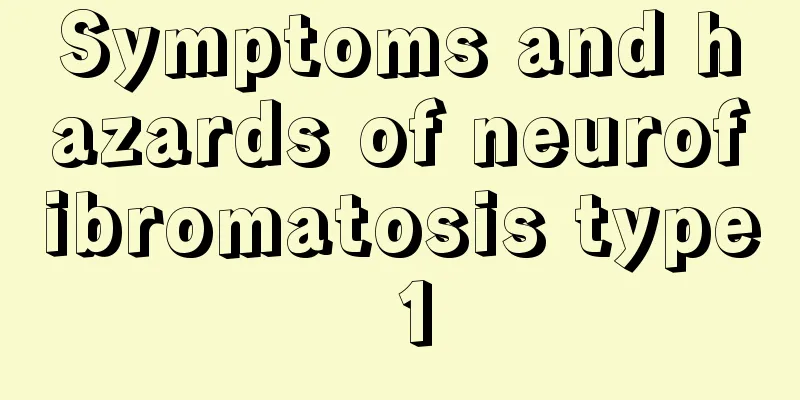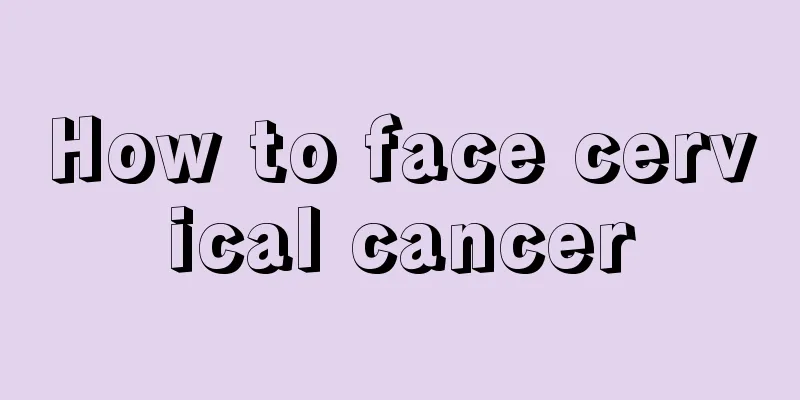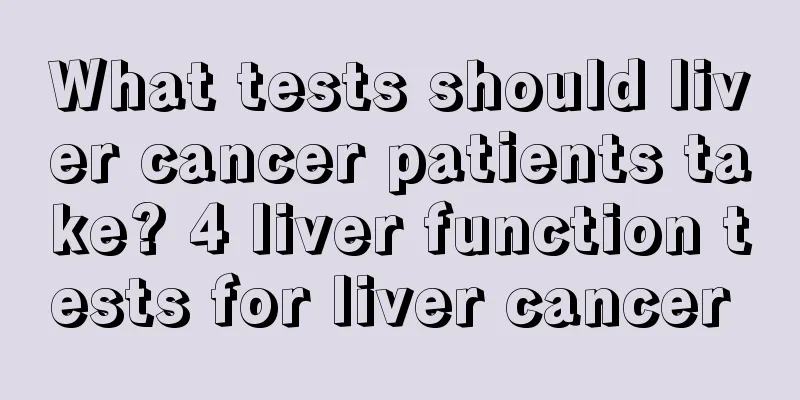Symptoms and hazards of neurofibromatosis type 1

|
Neurofibromatosis type 1 (NF1) is a relatively common genetic disease. Its typical symptoms include café-au-lait spots, skin fibromas and optic nerve gliomas, which may cause damage to nerves, skin and other organs. In severe cases, it can affect the quality of life and life expectancy. It is very important to seek medical treatment in time and take targeted treatment or intervention. 1Main symptoms The most common symptom of NF1 is the appearance of “café au lait spots” on the skin, which are light brown spots of varying sizes and irregular shapes. People may also notice small, soft, raised bumps on the skin, which are cutaneous neurofibromas, and their number may increase with age. Other possible symptoms include freckle-like spots in the armpits or groin, vision loss from optic nerve gliomas, and bone abnormalities such as scoliosis or osteodysplasia. Some patients may experience neurological manifestations such as learning difficulties, attention deficit and mood disorders, as well as local tenderness, itching or aesthetic effects of the tumor on the body surface. 2 Hazard Analysis The extent of harm caused by neurofibromas varies depending on the patient's condition. Mild symptoms may only affect aesthetics and mental health, while severe conditions may pose a greater threat to physical health. Local nerve damage: Neurofibromas under the skin may compress surrounding nerve tissue, causing pain, numbness, or dysfunction. Risk of tumor malignancy: Although most NF1-related fibromas are benign, some patients may be at risk of malignant peripheral nerve sheath tumors and require regular follow-up screening. Systemic impact: Optic nerve gliomas may cause blindness; bone deformities may limit the ability to take care of oneself; severe internal neurofibromas may even affect the function of important organs such as heart and lung function. 3 Treatment and management Although there is currently no cure for NF1, early diagnosis and standardized management can effectively alleviate symptoms and harm and improve the patient's quality of life. Common intervention measures include: Drug treatment: Mitotane and certain targeted drugs such as MEK inhibitors have the potential to control the growth of certain fibroids, but they must be taken under the supervision of a doctor. Surgical treatment: For skin fibromas that are significantly enlarged, internal tumors that compress important organs, or tumors that show signs of malignancy, timely surgical removal should be performed to relieve symptoms. Rehabilitation and psychological support: Regular physical examinations, imaging tests, and rehabilitation treatments for individual symptoms are also important, and patients may need psychological counseling to cope with the impact of the disease on their emotions and life. Neurofibromatosis type 1 affects not only appearance, but may also endanger the health of multiple systems. In order to clarify the condition and reduce the harm of the disease, patients need to visit the doctor regularly to monitor symptoms, follow the doctor's advice and take appropriate treatment and management measures to improve the quality of life and avoid worsening of the disease. |
<<: What are the hazards and sequelae of skin soft fibroma
>>: Prostate cancer life expectancy
Recommend
How to treat bone metastasis of colorectal cancer
I had surgery for colorectal cancer, and every ch...
A few iron rules to avoid cancer for life, follow them and you will be the next longevity star
We all know that there are many reasons that caus...
How to prevent urinary incontinence
Urinary incontinence can affect women's ferti...
Can I exercise during implantation?
If women want to increase the chance of fertilize...
All gums are red and swollen
Oral problems are simply unbearable for people be...
What are the daily tips for preventing bone cancer?
What are the daily tips for preventing bone cance...
How much does cervical cancer screening cost
Among the methods of cervical cancer examination,...
Can pumpkin and cantaloupe be eaten together
Although both pumpkin and cantaloupe are called m...
Normal value of total bilirubin
Total bilirubin is of great significance in clini...
Can baking soda bleach clothes?
It is very common in daily life for clothes to be...
Is centipede poisonous
In our lives, centipedes are a common animal. Thi...
Briefly describe the causes of nasopharyngeal carcinoma
Nasopharyngeal carcinoma is a type of cancer and ...
Nasal septum deviates to the right
The nasal septum deviates to the right. This dise...
Glioma patients should eat a light diet
For any disease, in addition to treatment, diet i...
What should I pay attention to in my diet after thyroid cancer surgery
What should be paid attention to in diet after th...









